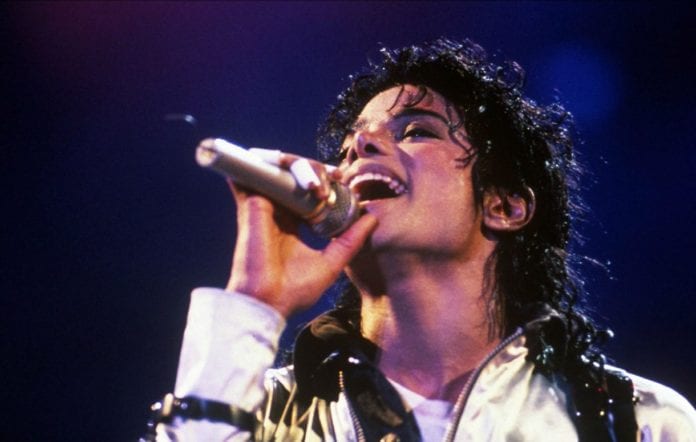


Yet over the long haul, Jackson's initial concern seems legitimate. And during the 1980s, at least, Jackson's image seemed ubiquitous. Jackson, of course, was right ( Rolling Stone editor Jann Wenner actually sent a self-deprecatory letter acknowledging the oversight in 1984). Some day those magazines will come begging for an interview." "I've been told over and over again that black people on the covers of magazines don't sell copies," an exasperated Jackson told confidantes. In 1979, Rolling Stone passed on a cover story about the singer, saying that it didn't feel Jackson merited front cover status. Jackson was well-aware of this history and consistently pushed against it. (To keep with the historical pattern, just last year the magazine devised a formula that coronated Eminem-over Run DMC, Public Enemy, Tupac, Jay-Z, or Kanye West-as the King of Hip Hop). Yet up until his death in 2009, many journalists insisted on referring to him as the "self-proclaimed King of Pop." Indeed, in 2003, Rolling Stone went so far as to ridiculously re-assign the title to Justin Timberlake. Certainly his achievements merited such a title. Given this history of white coronation, it is worth considering why the media took such issue with referring to Michael Jackson as the King of Pop. The King of Jazz, for white critics, wasn't Louis Armstrong, it was Paul Whiteman the King of Swing wasn't Duke Ellington, it was Benny Goodman the King of Rock wasn't Chuck Berry or Little Richard, it was Elvis Presley. The cultural gatekeepers not only failed to initially recognize the legitimacy of these new musical styles and forms, they also tended to overlook or reduce the achievements of the African-American men and women who pioneered them. It was a common criticism of spirituals (in relation to traditional hymns), of jazz in the '20s and '30s, of R&B in the '50s and '60s, of funk and disco in the '70s, and of hip-hop in the '80s and '90s (and still today). It was the lie that constituted minstrelsy. Historically, this dismissal of black artists (and black styles) as somehow lacking substance, depth and import is as old as America. It shouldn't be much of a strain to hear the racial undertones in such an assertion. The point of his ambition wasn't money and fame it was respect. Jackson simply sold records and entertained. Elvis Presley, the Beatles, and Bruce Springsteen, they claimed, challenged and re-shaped society. Reviews frequently described his work as "calculating," "slick," and "shallow." Establishment rock critics such as Dave Marsh and Greil Marcus notoriously dismissed Jackson as the first major popular music phenomenon whose impact was more commercial than cultural. In addition to a flood of ridicule regarding his intelligence, race, sexuality, appearance, and behavior, even his success and ambition were used by critics as evidence that he lacked artistic seriousness. "He will not swiftly be forgiven for having turned so many tables," predicted James Baldwin in 1985, "for he damn sure grabbed the brass ring, and the man who broke the bank at Monte Carlo has nothing on Michael."īaldwin proved prophetic. Yet among critics (predominantly white), skepticism and suspicion only grew. It also won a record-setting seven Grammy awards, broke down color barriers on radio and TV, and redefined the possibilities of popular music on a global scale. His next album, Thriller, became the best-selling album by any artist of any race in the history of the music industry.

When his highly successful Off the Wall album (in 1981, the best-selling album ever by a black artist) was slighted at the Grammy Awards, it only fueled Jackson's resolve to create something better. Jackson never made any qualms about his aspirations. Even Madonna's halftime Super Bowl spectacle harkened back to a trend first initiated by Jackson.īut there is another crucial part of Jackson's legacy that deserves attention: his pioneering role as an African-American artist working in an industry still plagued by segregation, stereotypical representations, or little representation at all. Cirque du Soleil's crowd-pleasing Michael Jackson Immortal World Tour is currently crisscrossing North America, while a recent Jackson-themed episode of Glee earned the show a 16 percent jump in ratings and its highest music sales of the season. More than two and a half years after his untimely death, Michael Jackson continues to entertain.


 0 kommentar(er)
0 kommentar(er)
